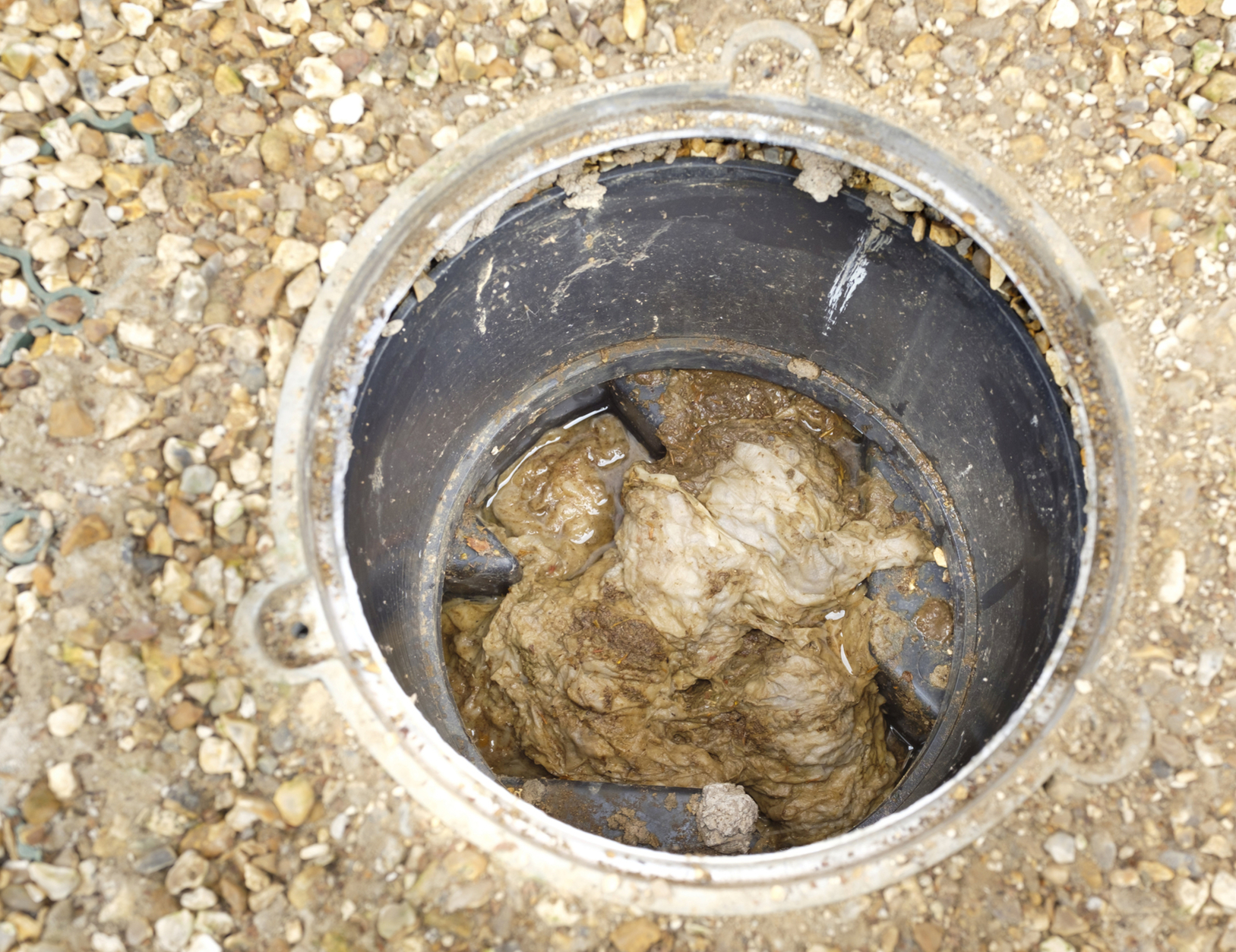What you should not flush down the toilet
Posted on 30th August 2022 at 13:44
People often don’t think twice about what they’re throwing down the toilet. But did you know that many products can’t be flushed? Wipes, floss, and other items that are convenient to flush down the toilet can damage your drainage and harm the environment.
According to Thames Water, more than 24 million people admit to flushing wet wipes, tampons, and sanitary pads in the UK.

Items you can flush down the toilet
When it comes down to what you can flush, the list is very minimal. Typically, you should go by the three p’s: pee, poo, and paper (toilet paper), and everything should remain smooth sailing in that department. Because general toilet cleaners may lower the Ph level, making the water more acidic; this can have a negative effect on aquatic life. If you want to use a toilet cleaner, try finding one that’s non-toxic and eco-friendly.
If you’re ever in doubt about what you shouldn’t flush, just throw it away. Getting the professionals out will cost you more in the long run. Another thing to note is that even if the packaging suggests that the item is ‘flushable’, it may still cause blockages in the drains as they won’t break down quickly enough.
Common things people flush but shouldn’t
Wipes
Flushing wet wipes is something that a lot of people have done, but did you know that wipes make up for around 90% of sewer blockage in the UK, and are a huge contributor to fatbergs? Many wet wipes fail to break down as easily as toilet paper, so they begin to get caught with other waste and will clog up your drainage. Bin it, don’t flush it!

Cotton buds and cotton pads
Cotton is made to be absorbent, so what happens when you flush cotton products down the toilet? They will expand and start clump together, which will lead to blockages. Never throw cotton buds or cotton pads down the toilet – it’s not worth it.
Dental Floss
Yes, dental floss is thin and small, but don’t let that mislead you. Floss can cause environmental damage, clog up your drainage and get caught in your septic tank, which may burn out the motor. When you flush dental floss, it won’t biodegrade, so it will combine itself with other waste in your drains, which will lead to a blockage.
Feminine hygiene products
Products such as sanitary pads and tampons are designed to absorb liquid, therefore they’ll only expand when you flush them down the toilet.
If you’ve been flushing any of these items down your toilet, then we recommend that you stop now. If you continue to do so, then it’s more likely that a blockage will occur in your drains.

What happens if you flush unsuitable items down the toilet?
If you’ve accidentally flushed something down the toilet, the best way to prevent a blockage from happening is by removing it.
Before calling the experts, try out these methods to retrieve the unsuitable item:
1. The first thing you should try is simply to take it out of the toilet bowl if you can see it – remember to wear gloves
2. If you’re struggling to grab the item, try using a bent hanger to hook it.
3. If the item is too far down, try using a drain snake – you can purchase these at most home stores.
4. If you still have no luck, then try using a water vacuum to remove all the liquid from the toilet and check the vacuum collection tank for the item.
Still no luck? It't time to call the drainage experts
If you’re unable to retrieve the item yourself, contact your local drainage experts. They will be able to perform a CCTV survey to locate the item and remove it.
If you’re experiencing issues with your drainage and suspect you have a blockage, call Semilong Services today on 01604 492701 and we’ll be with you in no time. We handle all types of drainage, and no job is too big for our drainage experts.
Share this post:





